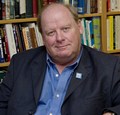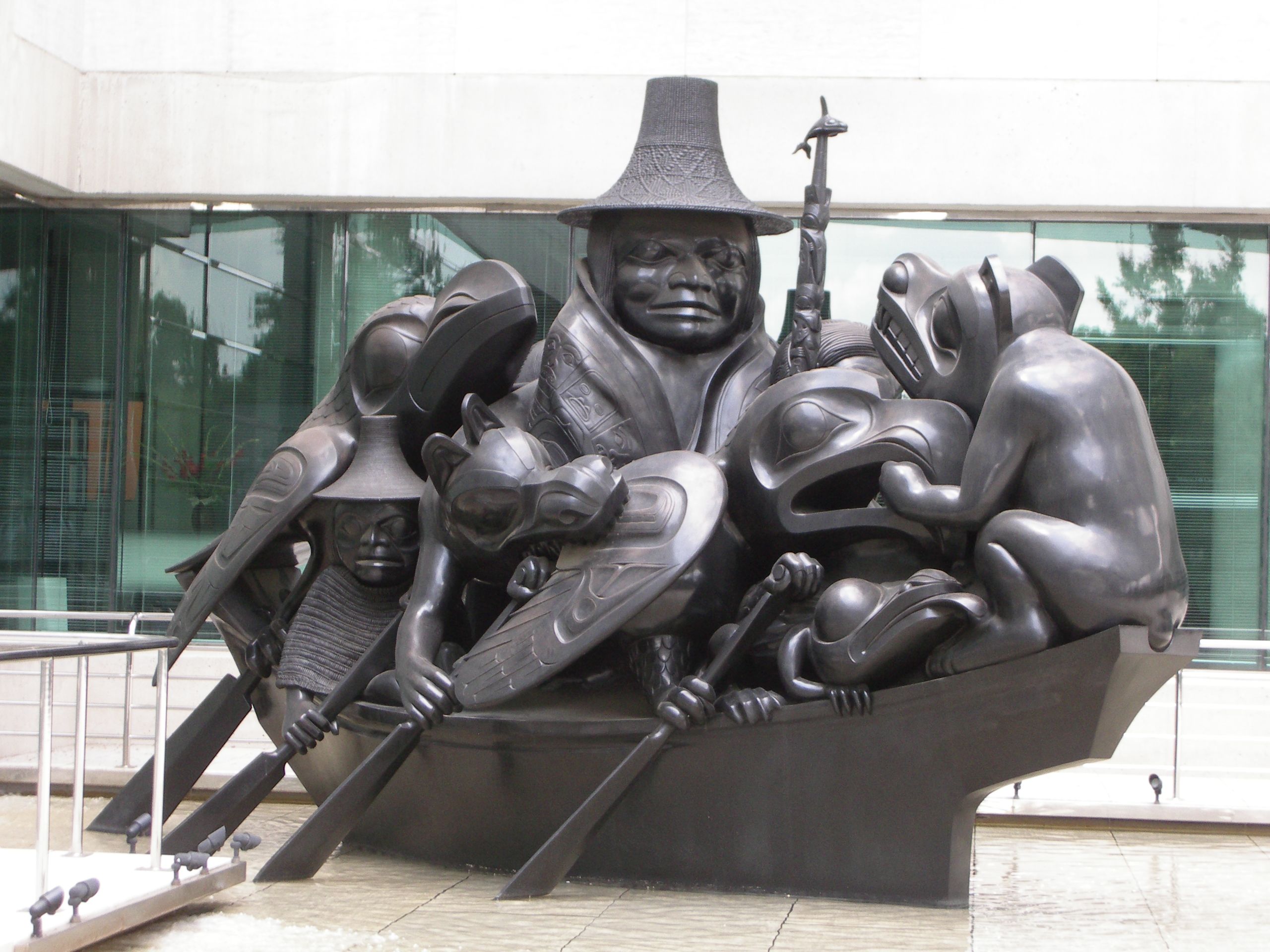THE HARD WORK OF HOPE: “We still have a chance to save our environment,” wrote Bob Sandford in an opinion piece published in conjunction with release of his latest book (January 2018)
Note to Reader:
Renowned author and speaker Bob Sandford, EPCOR Chair for Water & Climate Security at the United Nations University, will set the tone for the Nanaimo Water Symposium at a public lecture on the evening of April 11, 2018. His inspirational message will be a call to action.
 The Hard Work of Hope, the latest book by Bob Sandford and co-author Jon O’Riordan, seeks to develop effective solutions to the growing urgency for global action on climate change. It builds on events that have transpired since the Paris Agreement in December 2015.
The Hard Work of Hope, the latest book by Bob Sandford and co-author Jon O’Riordan, seeks to develop effective solutions to the growing urgency for global action on climate change. It builds on events that have transpired since the Paris Agreement in December 2015.
The Hard Work of Hope was launched following a public talk on January 23, 2018 at the University of Victoria. Bob Sandford wrote an opinion piece to mark the occasion.

Moving Towards Restorative Development
“A strongly entrenched narrative within our society that has pictured humanity as being somehow above global material and energy cycles, with no need to consider the finiteness of the Earth’s resources, has proven to be wrong and dangerous. As a society, we have to come back down to Earth,” wrote Bob Sandford in an opinion piece published in January 2018.
“If a climate that’s warmer than what has existed on this planet for 15 million years is not enough to give us pause about the future, then surely the realization that human-induced impacts occurring in tandem with climate disruption — such as alterations of global nitrogen and phosphorous cycles, ocean acidification and synthetic chemical pollution — are clearly near tipping points that could push the Earth and conditions that support life on Earth into a new and unrecognizable state should be sobering to say the least.
“The United Nations responded to the urgency and the opportunity of finally getting sustainable development right in September of 2015, just before the Paris climate talks. Their response was the announcement of a new framework for action in support of global sustainability.

Transforming our world: the 2030 Agenda for Sustainable Development
“While it did not receive the same attention in the media, the announcement of the UN’s 2030 Transforming Our World global sustainable-development agenda was at least as important as the later climate negotiations in Paris, if only because it deals with damage we are doing to other elements of the Earth system that are exacerbating and being exacerbated by climate change.
Five Themes:
“The 2030 Transforming Our World agenda is constructed around five themes: people, planet, prosperity, peace and partnership. It is also important to note that this agenda applies equally to the developed world and developing nations. The agenda makes it clear that unless we all take common goals seriously and implement meaningful and measurable actions at the national and sub-national level in every country in the world, now, we will not achieve sustainability globally.
“This means there can be no laggards, particularly in the developed world. It also means that the world cannot afford to leave anyone behind.
“The 2030 Transforming Our World agenda promises to be the most comprehensive and inclusive effort to change the world positively in all of human history. It is nothing less than a charter for people and the planet for the 21st century.
Towards Restorative Development:
“The 2030 Transforming Our World agenda raises the ceiling on sustainability. The agenda makes it very clear that sustainable development can no longer simply aim for environmentally neutral solutions.
“If we are to achieve any meaningful level of sustainability, all development has to be not only sustainable, but restorative. We can no longer simply aim to slow or stop damage to the Earth system; we have to restore declining Earth system function.
“We face so many overlapping and intersecting crises we can no longer afford to fix them one at a time or in isolation of one another.
“All future development must seek double, triple, if not quadruple benefits in terms of the restoration of fundamental Earth system function as reflected in biodiversity stability, efficient water use, soil vitality, carbon storage, and human and planetary health.

Bill Reid – Black Canoe (image credit: By Boberger – self-made, Photographer: Bengt Oberger, CC BY-SA 3.0, https://commons.wikimedia.org/w/index.php?curid=2551770)
Our Society Floats on Water!
“Canada, and British Columbia in particular, are in a good position to make sustainability possible. Though our society is powered by petroleum and lubricated by oil, it floats on water. Our society is a vessel in its own right. It is a lifeboat carrying us all over water toward the future.
“It is impossible to think of a boat carrying societies into the future without thinking of artist Bill Reid’s famous Black Canoe, a replica of which is on prominent display at the Vancouver Airport. The Black Canoe is nothing less than a Haida ark; the complete physical reality and spiritual universe of an entire people in one boat, in which everyone and everything paddles together toward the future.
“The Black Canoe is a magnificent metaphor for British Columbia. In addition to spectacular natural landscapes, British Columbia possesses remarkable Indigenous cultures.
“Few places in the world are as rich in traditional and local knowledge and in possession of such a deep sense of place.
“The opportunity still exists here for everyone to get into that “Black Canoe” and, along with all the animals and the rest of creation, paddle together toward the great promise of living in, and sharing with others, a province that was once deemed — with some justification — the Best Place on Earth.” concluded Bob Sandford.

